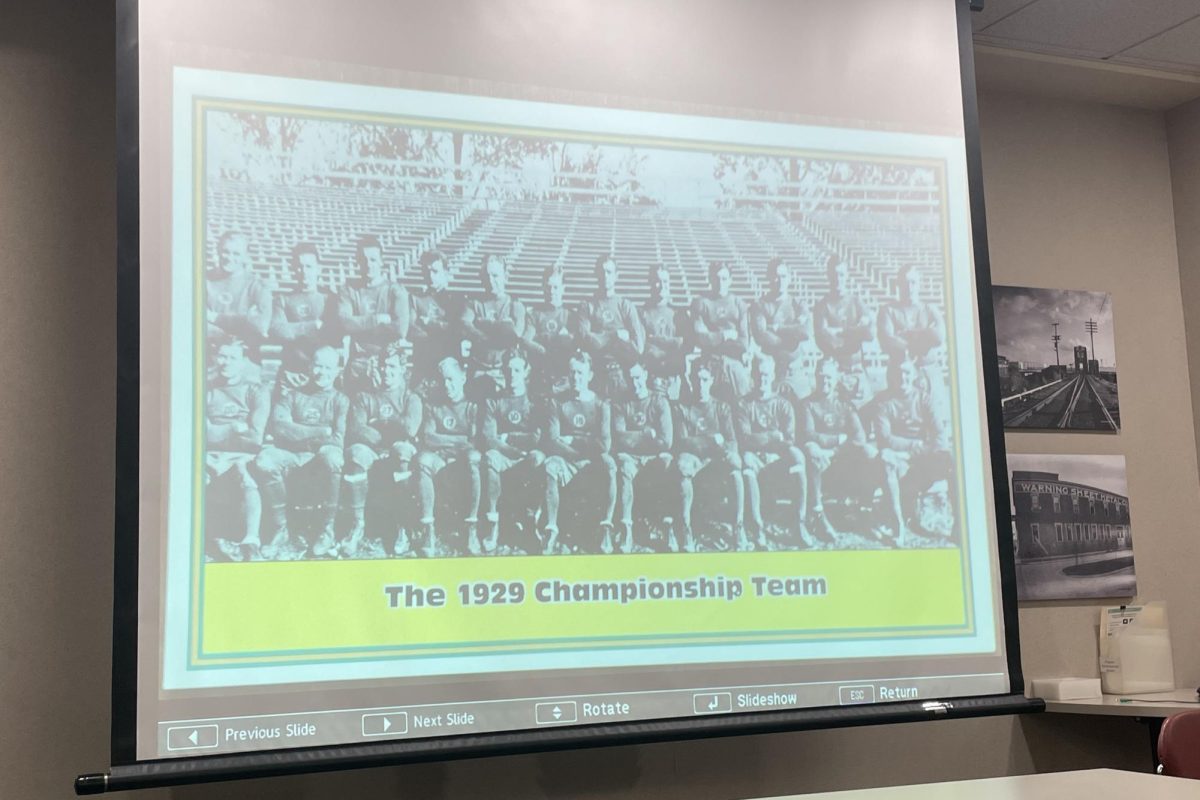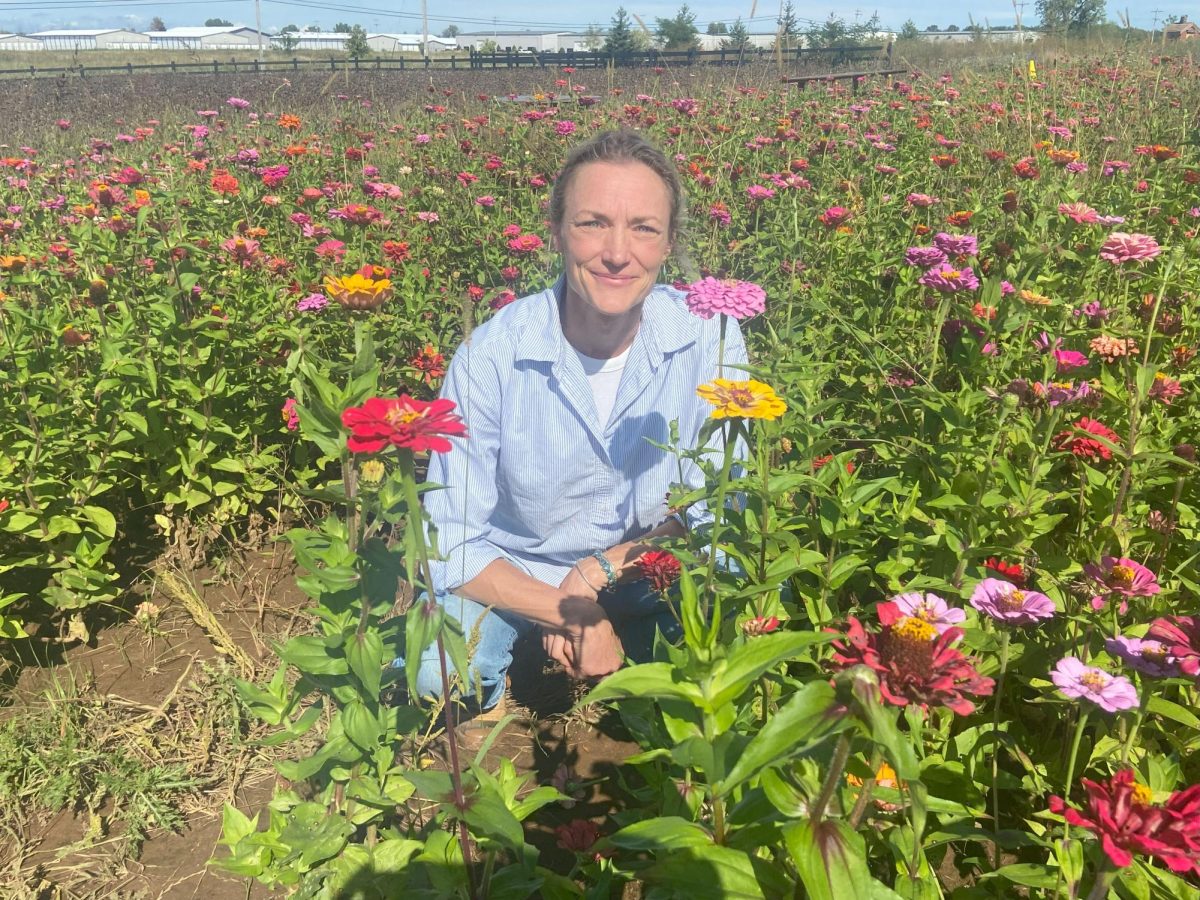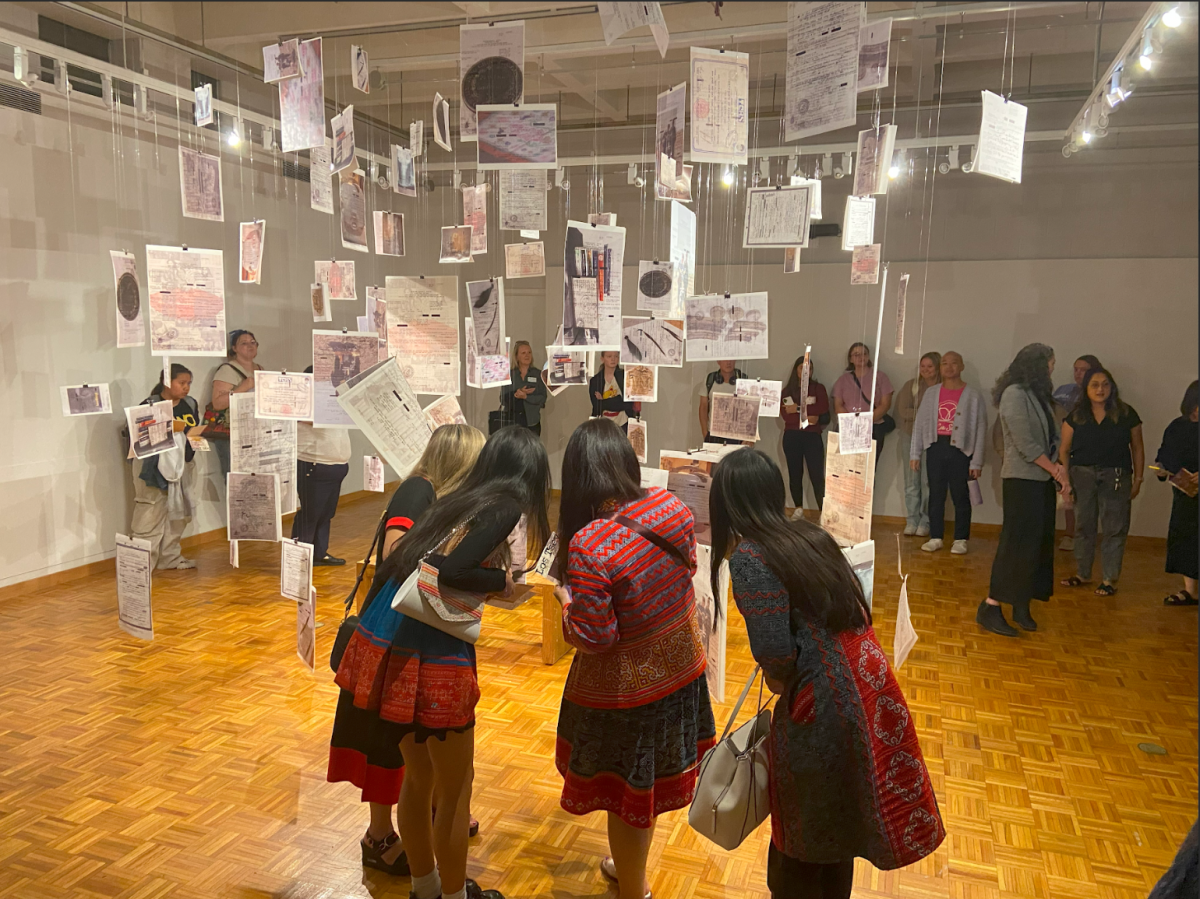For the executive board of the UW Oshkosh chapter of the National Alliance on Mental Illness, launching the organization was a personal endeavor.
According to its website, NAMI is the largest grassroots mental health organization dedicated to building better lives for the millions of Americans affected by mental illness.
The idea for the UWO chapter of NAMI began after the organization’s president, sophomore Amber Nahley, dealt with her own anxiety.
“Last winter I was in my CNA class and we were doing pulses and I was getting an anxiety attack because that’s just what happens when you have anxiety,” Nealy said. “Some student was testing on me and they said ‘your pulse is really high, what’s going on?’ I said I had anxiety and they stopped talking to me, like I was making it up or something.”
Nahley said she wanted to confront mental illness on campus by doing a survey, but she felt it wouldn’t be effective. It wasn’t until she was assigned a social action project in her social justice class that she realized she had the perfect platform to begin creating the club.
The director of the social justice minor program and professor Courtney Bauder said he is proud of Nahley for recognizing a need for more mental health resources on campus.
“We didn’t have a student group where people who either receive or need support for mental health issues, for those who want to be allies to those students, and also for those who have professional or career goals in serving a population of people that have mental health issues,” Bauder said.
Secretary of NAMI at UWO Alyssa Adamus said she got involved in the organization because of her background in dealing with mental health issues.
“I have my own anxiety, depression, PTSD and all that kind of stuff,” Adamus said. “I have a lot of family history with these things, I grew up with a mother who is an alcohol and drug counselor, so my whole life this has been my passion.”
According to what was written on the board at the meeting, the goals of NAMI at the University are to address the mental health stigma that exists amongst students on campus, provide education on mental health illnesses and empower students to start a conversation on mental health.
Junior Hannah Laus said she joined the club because she wanted to get a better understanding of what mental illness actually is.
“I think people romanticize it and glamorize it, which is something they shouldn’t do,” Laus said. “For some people, mental illness is a very serious issue that affects their daily lives.”
Nahley said she hopes the club will create an inviting atmosphere where students can come and speak openly about mental illness.
“My goal is to make it as easy to talk about mental health as it is to talk about a migraine or a sprained ankle,” Nahley said.
In the future, the club wants to collaborate with the national chapter of NAMI to provide more educational tools as well as start a peer support group run by students.
Adamus said she is optimistic about where the club is going.
“I think that things are going to go really well,” Adamus said. “I think people are going to learn a lot more about mental illness and with education it will help reduce the stigmas.”








